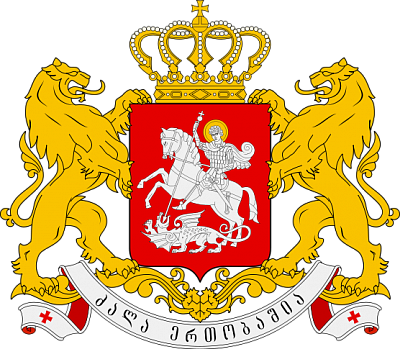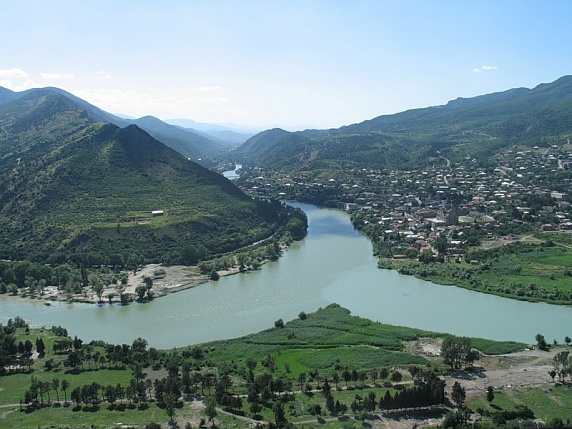 Georgia
Georgia
Russian MFA Information and Press Department Commentary in Regard to the New Report of the UN Secretary General on the Situation in Abkhazia
The UN Secretary General on July 25 presented a new report dedicated to the current situation in the settlement of the Georgian-Abkhaz conflict.
Against the background of the negotiation process still suspended, the situation in the conflict zone has seriously worsened in both political and security terms, the report notes. Local residents suffered and one UNOMIG (United Nations Observer Mission in Georgia) staff member died as a result of bomb blasts in the Abkhazian towns of Gagra, Sukhumi and Gali.
The report devotes much attention to the Georgian side's continuing violations of the existing agreements and the UN Security Council resolutions, first and foremost, the Moscow agreement on the ceasefire and separation of forces, of 1994. UNOMIG recorded numerous instances of unauthorized flights of Georgian military aircraft and unmanned aerial vehicles over the conflict zone, numerous incidents involving restrictions on the CIS CPKF troops' freedom of movement, and the nonobservance of the regimes agreed with the UN for the notification and verification of movement of armed personnel through the security zone in the upper Kodori Valley and from it. Concern is expressed over the further construction by the Georgian side of infrastructure in the upper Kodori Valley. It is noted that these infrastructure facilities exceed the requirements for the declared strength of the Georgian Ministry of Internal Affairs personnel. The actions of Tbilisi look particularly suspicious against the backdrop of the closure of access for UNOMIG patrols to a number of Upper Kodori facilities, thus precluding objective monitoring of, and data checks on the strength of the Georgian military group in this area, where, according to the existing agreements, it should not be present at all.
The report draws attention to the fact that, in a majority of incidents within the conflict zone, the Georgian media were present beforehand in those places. An indicative example, cited in the report, is the obviously staged video filming of an "attack" by the Abkhaz on a Georgian bus in the Zugdidi sector on Georgia's parliamentary elections day, May 21.
The report emphasizes close cooperation between UNOMIG and the CIS Collective Peacekeeping Force in the Georgian-Abkhaz zone of conflict. At the same time the UN Secretary General urged the Georgian side to respect the Russian peacekeepers' freedom of movement in their area of responsibility.
While expressing our satisfaction with the level of cooperation with the UN regarding the settlement of the Georgian-Abkhaz conflict on the whole, we would like to again stress the urgency for the conflicting parties to conclude an agreement on nonuse of force and on de-escalation of the situation in the upper Kodori Valley as soon as possible.
The commentary of the Georgian MFA on the UN Secretary General's report, based on certain propositions of this document – snatched from context – has turned out to be completely focused on the actions of Russia in the region. We consider such lopsidedness inappropriate and continue to presume that conflict settlement should proceed along the lines of direct dialogue between its parties.
We are certain that the urgent solution of vital security problems will gradually open the way for work on other important components of the settlement as well – the restoration of trust, economic rehabilitation and refugee return.
July 30, 2008








